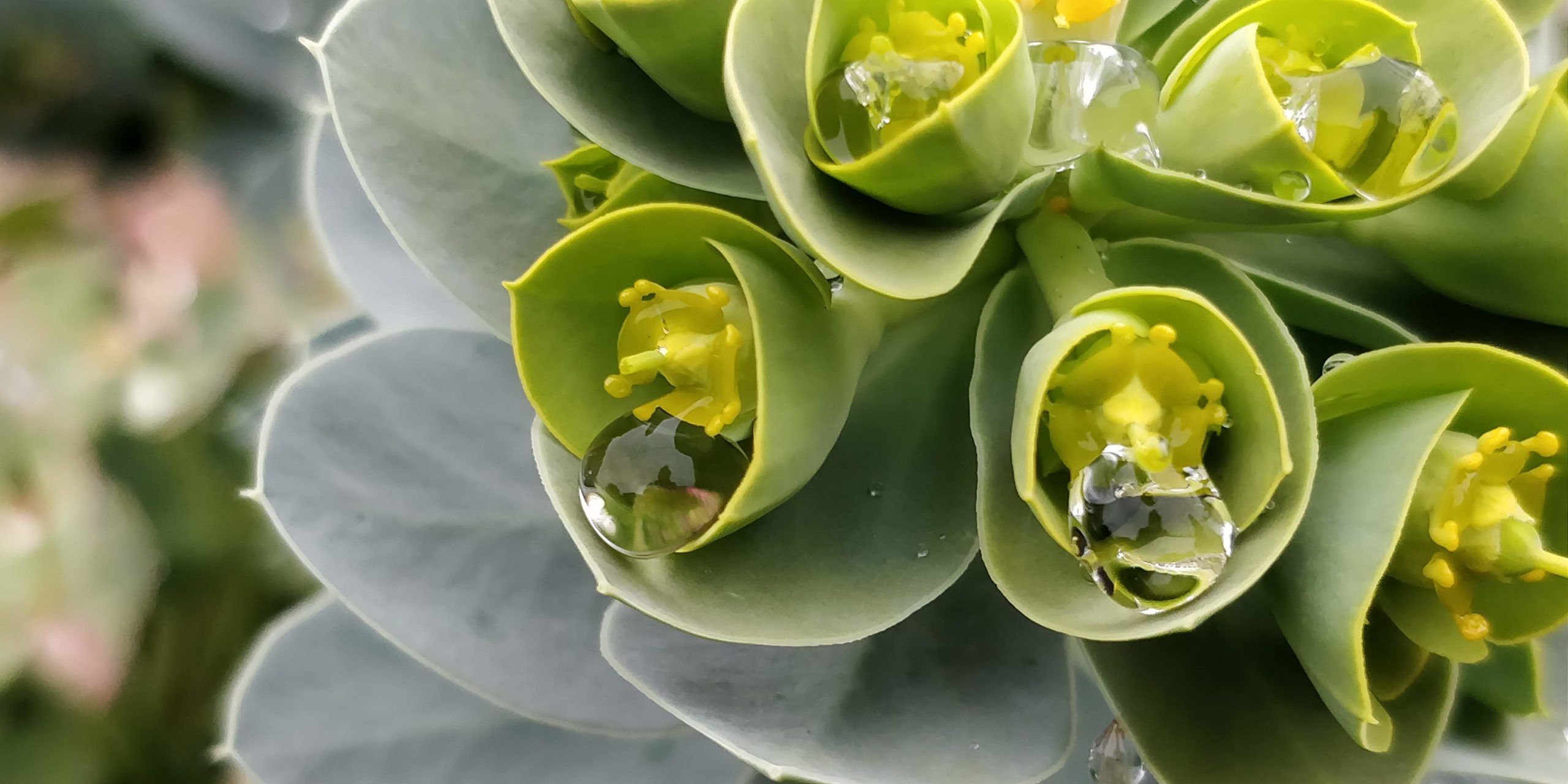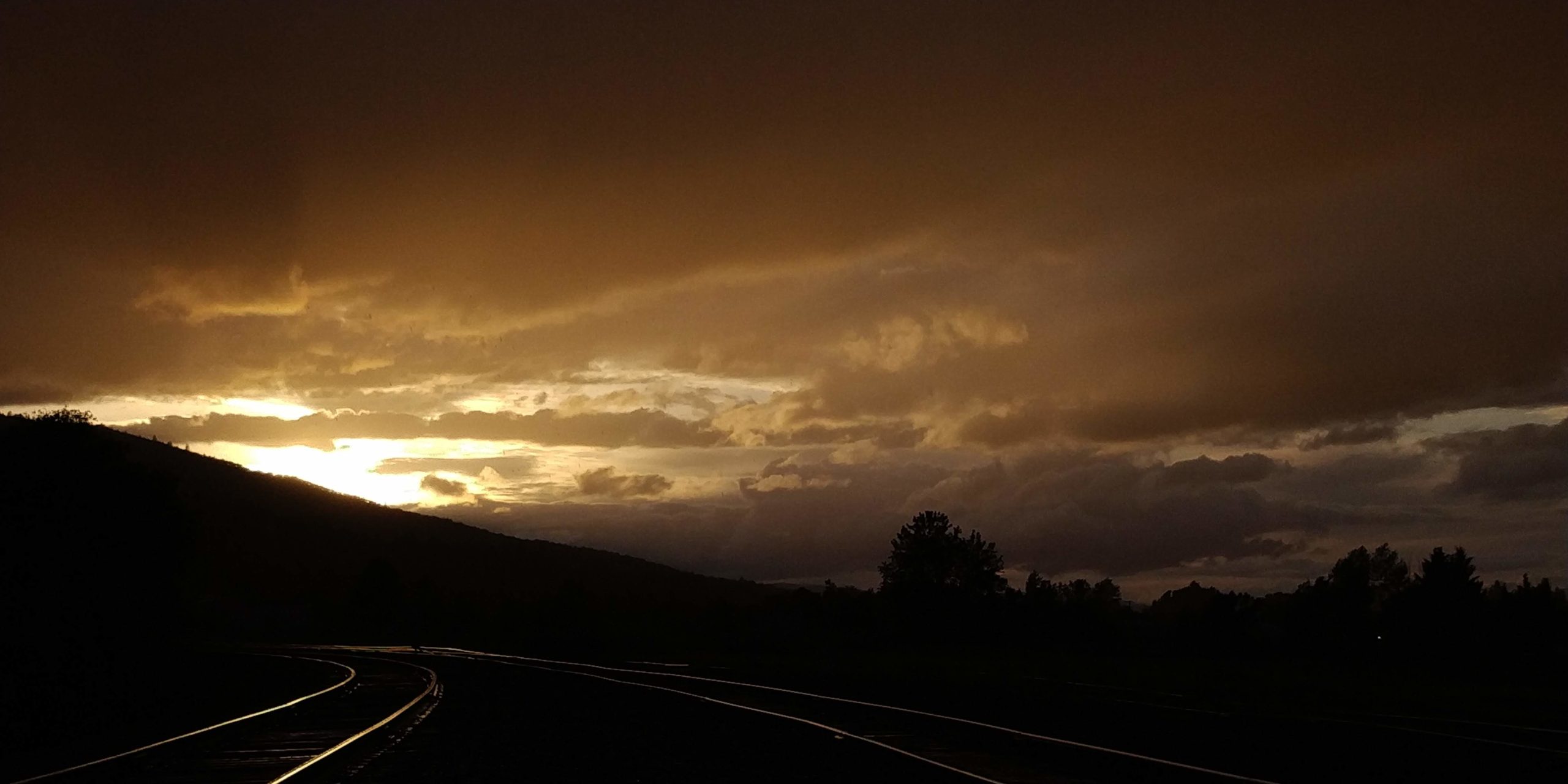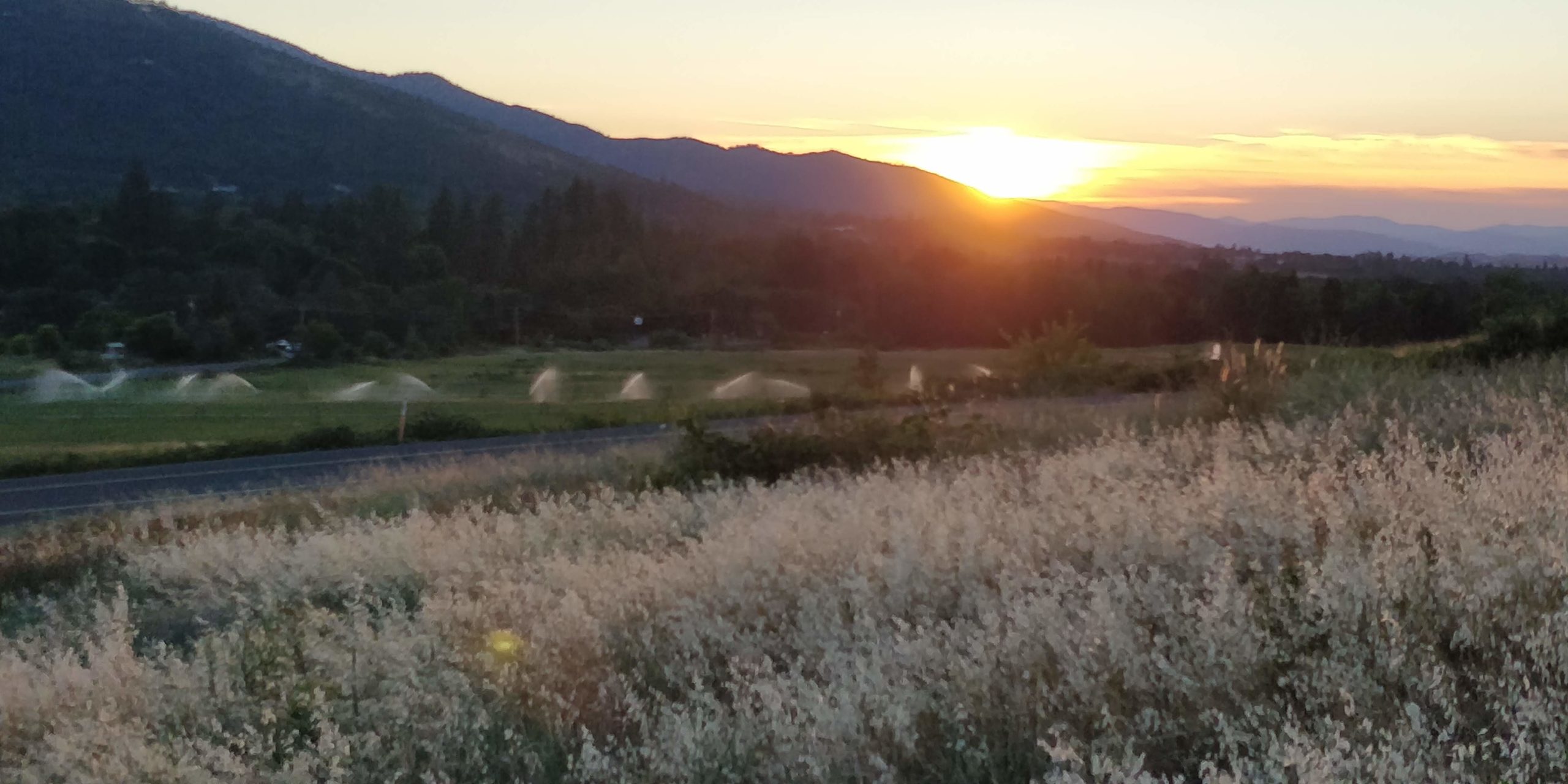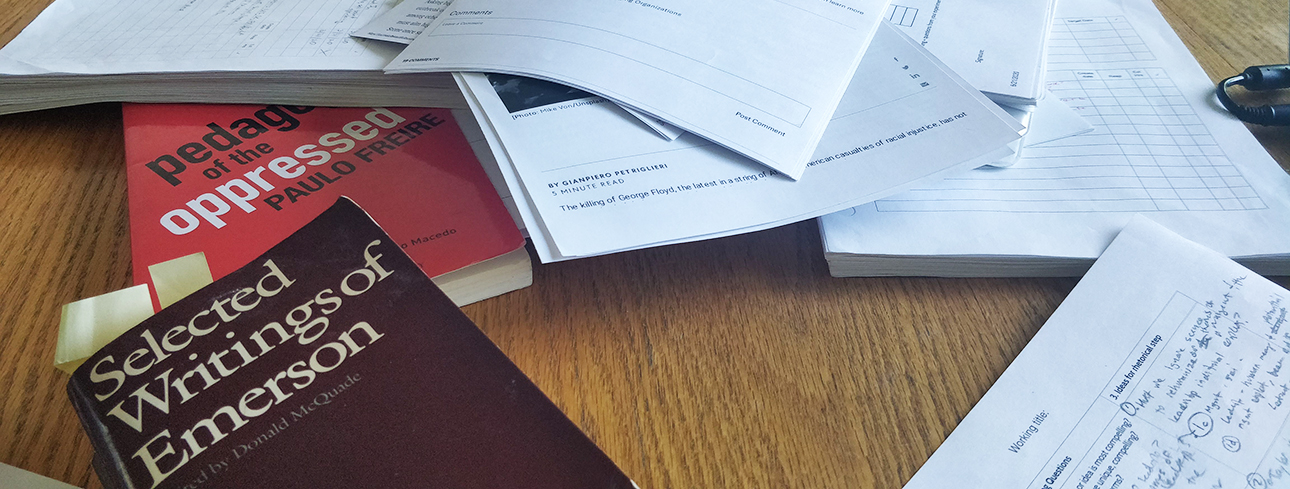
This term 10 interns worked on six projects to support fire relief and capacity building within our organization.
Post Almeda Fire Community Rebuild Opportunities
Interns: Jesse Jo, Karina, Kadyn, Makayla
Clients: Linda Tetreault
The original objective of this project was to create land asset maps of possible rebuild sites by compiling public record information and inputs from the affected community.
As it became clear that available land was not immediately suitable for rebuilding, the focus of this project pivoted to a three-pointed study. Interns have researched the current assets of the town of Talent– including its long range plan, emergency declarations, local housing solution initiatives, grassroots organizations, and potential buildable land sites. They have also researched other fire affected areas and their rebuild efforts, as well as other temporary and long-term low income housing solutions from across the country. Their synthesis of how various solutions might serve the needs of the fire-affected community in Talent, and a presentation of those scenarios and recommendations, is the culmination of their project.
Team’s Showcase Video
Community Listening Session Learnings
Intern: Aileen, Jorge, Karina
Client: Local Innovation Works
Knowing that input from the largely Latino community of fire-displaced people would be critical in rebuilding the Rogue Valley, we partnered with My Valley My Home to participate in their community listening circles. Because the leadership of that organization was somewhat slow to gel, their listening circles were slow to materialize, and we opted to join intern Karina Medina’s involvement with the Northwest Seasonal Workers Association. This group of interns attended weekly meetings of 30 to 50 members, listening to their collective experiences, concerns, and ideas around the rebuild. Many of the members shared their frustrations with FEMA, the Red Cross, and their landlords, and the interns’ reports to our group about their learnings informed the efforts of all our other projects. We have also reached out to representatives from Unete and the Zone Captain group organized by Remake Talent to further our collaboration with those displaced by the Almeda fire.
Aileen’s Showcase Video
Karina’s Showcase Video
Development Research and Administration
Intern: Tina
Client: Julie O’Dwyer of My Valley My Home and Local Innovation Works
This massive undertaking has included the research of funding sources and the creation of a list of potential donors and supporters of LIW and MVMH, researching grant opportunities and developing granting schedules for both organizations, developing preliminary program budgets, and developing preliminary grant application template information.
Tina’s Showcase Video
Community Investment Fund
Intern: Cassandra
Client: Bob Kaplan, Local Innovation Works
A community investment fund is a new concept for us in the Rogue Valley, and a possible way to provide seed funds to local innovations that meet community needs and create jobs. This project involved researching already established community funds as well as preparing our community for a presentation of and community wide conversations about establishing such a fund.
Cassandra’s Showcase Video
Marketing – Website/Video
Intern: Grayson
Client: Stephen Sloan and Ellie Holty of LIW
This project provides marketing support for LIW by creating promotional video, updating website content. You can see his video work here. And webpages he built here and here.
Grayson’s Showcase Video
Opportunities for Job Creation and Needs
Intern: Haylee
Clients: Stephen Sloan & Julie O’Dwyer of Local Innovation Works
This pivotal project has ensured the continued success of the Local Innovation Lab program. The objective was to contact nonprofits and businesses in the community who could possibly create new jobs and expand their services with the help of one of our interns. Haylee not only made LIW some great partnerships and internship clients, but identified a number of organizations with immediate needs for new hires that we could support with our network in the Winter term of 2021.
Haylee’s Showcase Video






